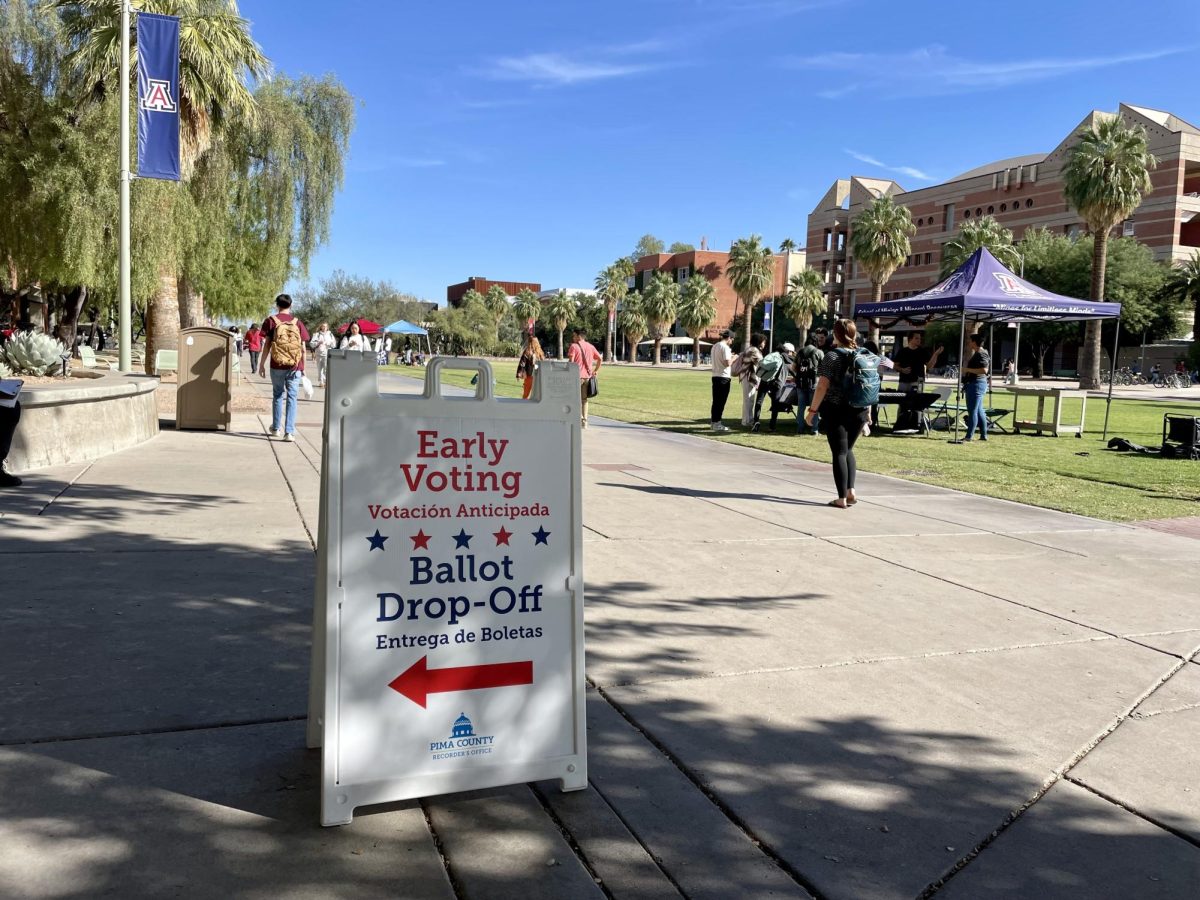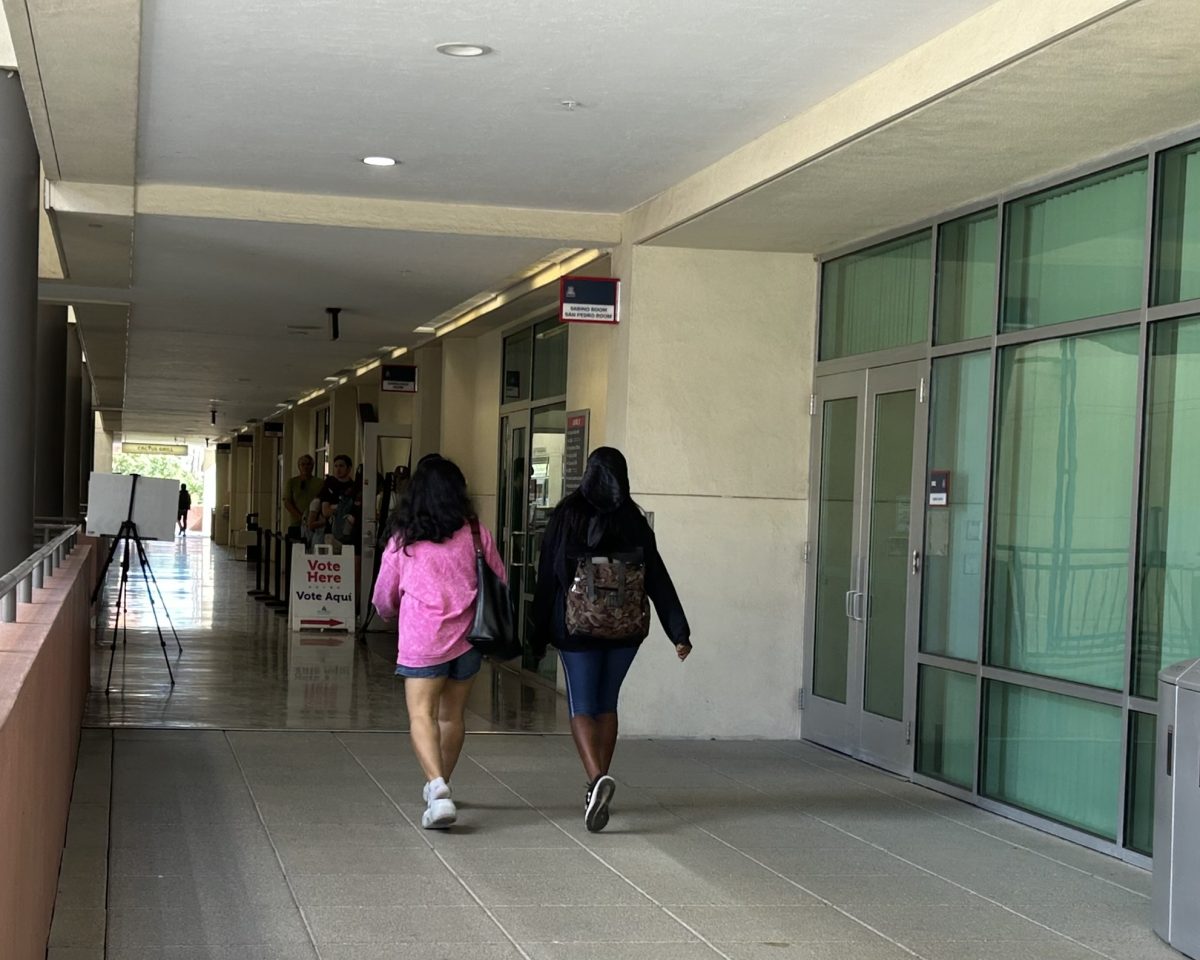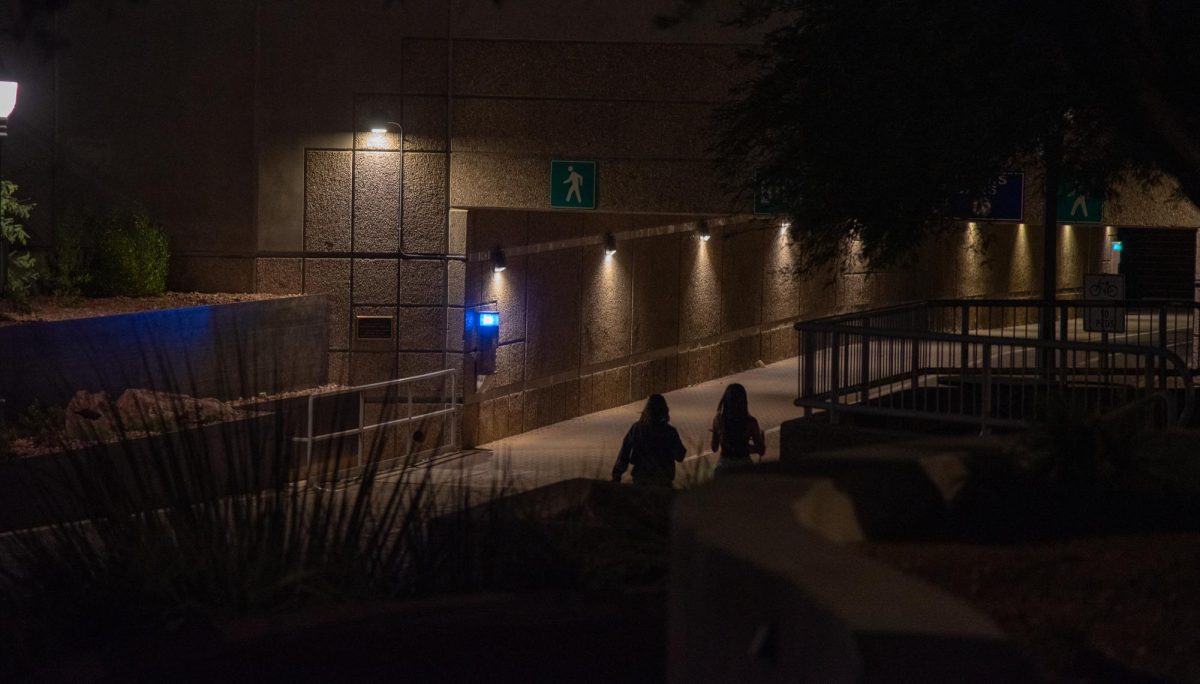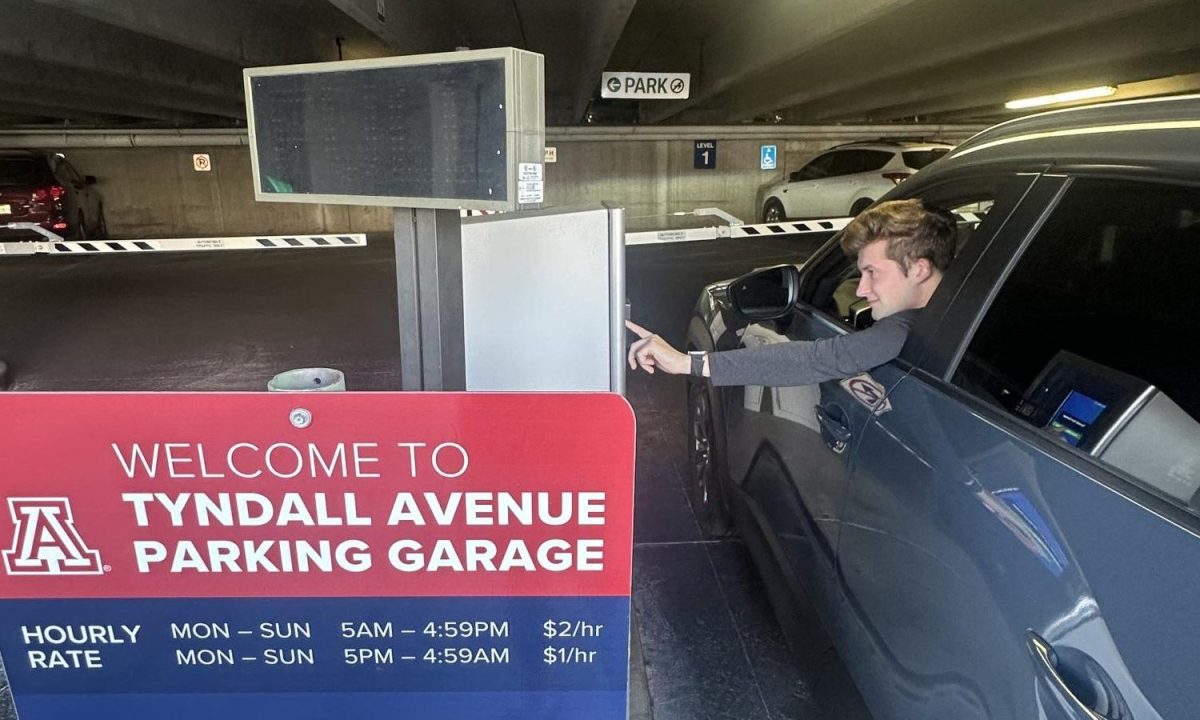Following a recent Arizona Supreme Court ruling, use and possession of medical marijuana by Arizona public university students on-campus will no longer be treated as a criminal offense.
The Supreme Court case centered on the 2014 arrest of former ASU student Andre Maestas, who was caught with 0.4 grams of marijuana (the equivalent of one joint) in his dorm room. At the time, possession was a class 6 felony, even though Maestas was a medical marijuana cardholder.
Instead of pleading guilty to lesser charges, Maestas decided to fight. He was initially found guilty and appealed to the Arizona Court of Appeals, where his possession of marijuana conviction was overturned.
The Arizona Supreme Court affirmed the appeals court ruling in May, while also ruling it unconstitutional to criminally ban marijuana card holders from possessing marijuana on campus. Cardholders can still be issued civil violations and could be subject to fines, however.
RELATED: The 420 Social Club — Veterans United for Cannabis
Universities react
ASU’s official website issued the following statement in the aftermath of the recent ruling: “Students with a medical marijuana card cannot use marijuana on campus or in ASU residence halls. Those caught using marijuana at ASU are subject to disciplinary action and arrest.”
As for the University of Arizona’s response, Vice President of Communications Chris Sigurdson pointed to an Arizona Board of Regents statement on the Supreme Court’s ruling on medical marijuana usage on public college campuses in the state.
The policy, sent in an email by ABOR Vice President of Communications Sarah Harper, “prohibits the unauthorized use, possession or distribution, or possession for purposes of distribution of any controlled substance or illegal drug on university campuses or at a university-sponsored activity.”
It also cites the federal Drug-Free Workplace Act in requiring each state university to enforce a drug-free environment throughout campus. For its part, UAPD has not altered its policy in the aftermath of the recent Arizona Supreme Court ruling.
“We have not made any changes to our protocol as a result of this ruling, because it did not affect the way we do our enforcement/education,” UAPD Chief Brian Seastone said in an email interview.
RELATED: ‘Pick your Poison’
Regents vs. Dispensaries
Medical marijuana cardholders on college campuses have seen many public universities ban marijuana use, even in states where marijuana has been legalized either for medicinal or recreational purposes, according to a report by High Times magazine.
Citing the regents’ policy, Harper noted that colleges and universities would not be eligible to receive federal funds unless they have “adopted and have implemented a program to prevent the use of illicit drugs and abuse of alcohol by students and employees.”
Downtown Dispensary Director Moe Asnani sees the regents motives differently. While praising the Arizona Supreme Court’s ruling for allowing card-holding students to live on campus “without fear of being prosecuted,” he chastised the regents.
“We know that the Arizona Medical Marijuana Act never created a mechanism for unelected officials like the Arizona Board of Regents to prosecute and incarcerate campus residents who suffer from epilepsy,” and other conditions, Asnani said.
To one recent UA alumna, who asked not to be identified, the Supreme Court ruling is moving in the right direction, since marijuana can and is being used as medicine.
“People go to jail way too often for nonviolent crimes,” she said. “It is medicine, I get headaches and nausea. I don’t deserve to be punished for that. If I was chain-smoking in the bathroom, I would hope at least they’d have me pay the $250 smoking fee like hotels do.”
Although not supportive of the regents’ current position, Asnani encouraged card-holding university students and organizations representing their needs to reach out to the regents and make their needs and concerns known.
“Students at the University of Arizona who see the issues with the Regents’ logic should join the University of Arizona Students for Sensible Drug Policy chapter so they can influence change at the campus level,” Asnani added.
Follow Jon Rice on Twitter









